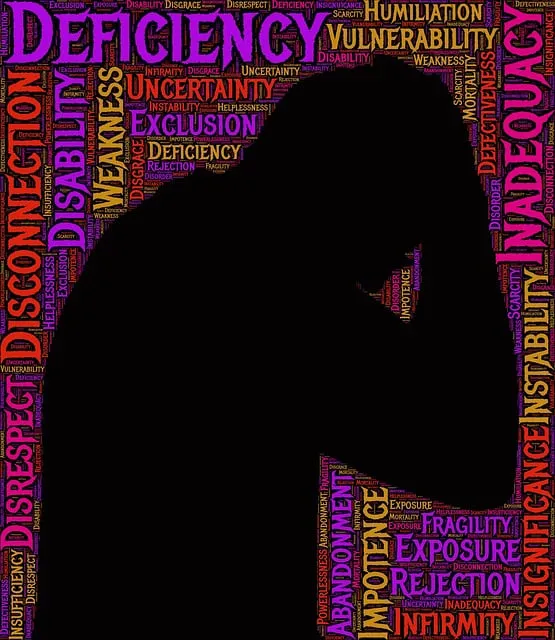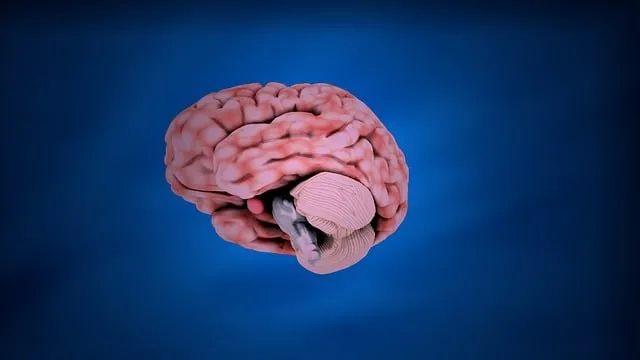Englewood Kaiser Permanente psychiatry services prioritize resilience as a key component of mental well-being, using the RFM framework (Recovery, Flexibility, Mastery) to equip individuals with tools for stress management and overcoming challenges. Through evidence-based practices like mindfulness, cognitive reframing, and personalized care, their team fosters adaptability and emotional resilience, accessible via the official Englewood Kaiser Permanente psychiatry phone number.
“Resilience, a powerful tool against mental health challenges, is built through structured exercises and supportive communities. This article explores the intricate relationship between RFM (Resilience, Flexibility, and Mastery) and resilience development. We delve into the role of psychiatry in fostering adaptability, offering insights from Englewood Kaiser Permanente’s resources and support services. Discover how their expertise, accessible via the psychiatry phone number, empowers individuals to navigate life’s storms with strength and flexibility.”
- Understanding RFM: A Framework for Resilience
- The Role of Psychiatry in Resilience Building
- Exercises to Foster Mental Resilience
- Englewood Kaiser Permanente: Resources and Support Services
Understanding RFM: A Framework for Resilience

Resilience is a crucial aspect of mental well-being, especially in navigating life’s challenges and uncertainties. The RFM (Recovery, Flexibility, and Mastery) framework offers a structured approach to building resilience. This concept, popularized by organizations like Englewood Kaiser Permanente psychiatry services, emphasizes three key components that work synergistically to foster adaptability and bounce back from adversity.
Recovery refers to the process of healing and regaining a sense of equilibrium after a stressful event. Flexibility involves developing mental agility to adapt to changing circumstances, while Mastery focuses on cultivating skills to manage and control one’s reactions and environment. By integrating these principles into their practices, mental health professionals can better equip themselves and their clients with effective stress management tools, enhancing overall resilience and well-being. This is particularly relevant in the context of risk management planning, where compassion cultivation practices play a significant role in mitigating risks and promoting positive outcomes.
The Role of Psychiatry in Resilience Building

Englewood Kaiser Permanente psychiatry services play a pivotal role in fostering resilience through personalized care and evidence-based practices. Psychiatrists are experts in mental health diagnosis and treatment, offering more than just medication management. They guide individuals and communities in navigating life’s challenges by prescribing tailored coping skills development techniques to enhance emotional well-being promotion.
By integrating Depression Prevention strategies, these professionals empower people to build inherent resilience, enabling them to cope effectively with stress, adversity, and trauma. Through therapy sessions and support groups, Englewood Kaiser Permanente psychiatrists create safe spaces for open dialogue, encouraging individuals to share their experiences and learn from one another. This collective approach not only strengthens mental health but also fosters a sense of belonging and community, ultimately contributing to the overall resilience of individuals served.
Exercises to Foster Mental Resilience

Building mental resilience is a crucial aspect of maintaining good mental health and managing stress, especially for mental health professionals like those at Englewood Kaiser Permanente psychiatry. Exercises tailored to foster resilience can help individuals navigate challenging situations with greater equanimity. Techniques such as mindfulness meditation, cognitive reframing, and progressive muscle relaxation have been shown to enhance coping mechanisms and reduce the impact of stressful events.
Engaging in regular physical activity is another effective strategy for resilience building. Exercise releases endorphins, which can improve mood and reduce feelings of anxiety and depression. Additionally, setting achievable goals and engaging in risk management planning, as encouraged by mental health professionals at Englewood Kaiser Permanente, empowers individuals to face challenges proactively. Such activities not only promote mental wellness but also equip individuals with tools to navigate life’s ups and downs with resilience and adaptability.
Englewood Kaiser Permanente: Resources and Support Services

Englewood Kaiser Permanente stands out as a beacon of hope and support for those seeking mental health services. Their dedicated team offers a comprehensive range of resources, catering to diverse needs, from individual therapy sessions to specialized programs designed to build resilience. For those in need of immediate assistance, the Englewood Kaiser Permanente psychiatry phone number serves as a direct line to expert advice and guidance.
The organization places a strong emphasis on evidence-based practices, including conflict resolution techniques and coping skills development. Their Mental Health Education Programs are meticulously crafted to empower individuals with knowledge and tools for managing their mental well-being effectively. By combining professional therapy with educational initiatives, Englewood Kaiser Permanente fosters an environment conducive to personal growth and enhanced resilience.
Resilience is a powerful tool for navigating life’s challenges, and Englewood Kaiser Permanente offers valuable resources through its psychiatry services. By combining evidence-based practices, such as RFM (a resilience framework), with exercises designed to strengthen mental fortitude, individuals can enhance their ability to cope. For those seeking support, contacting the Englewood Kaiser Permanente psychiatry team is a step towards building a more resilient future, empowering folks to overcome obstacles and thrive.




